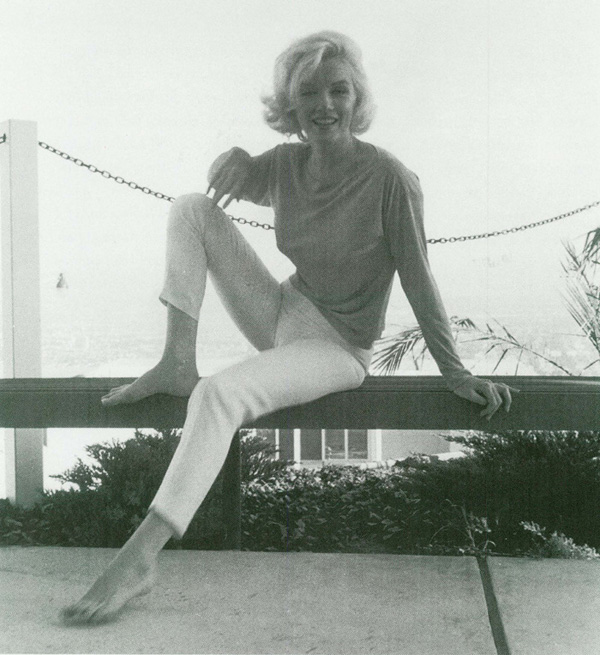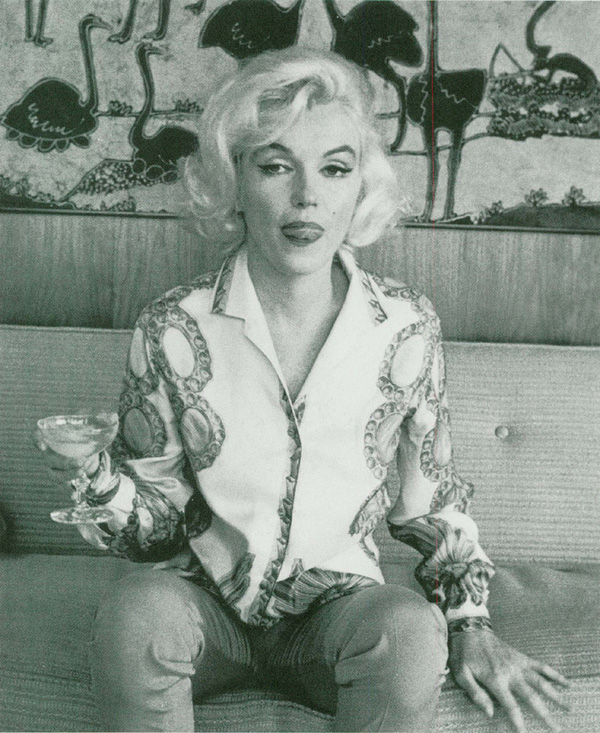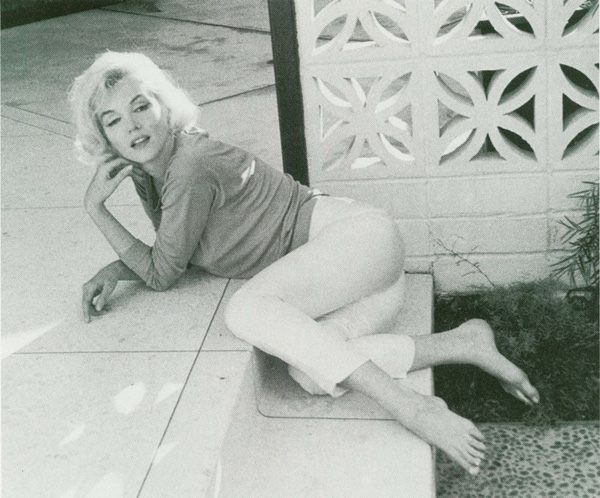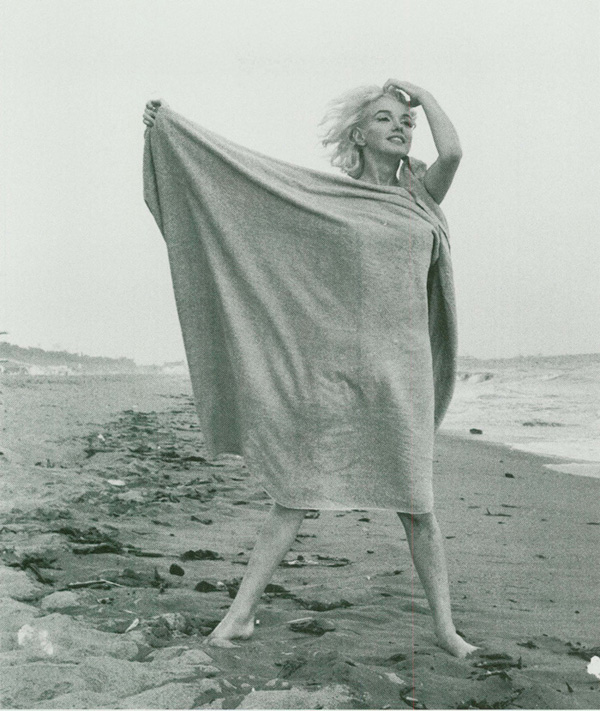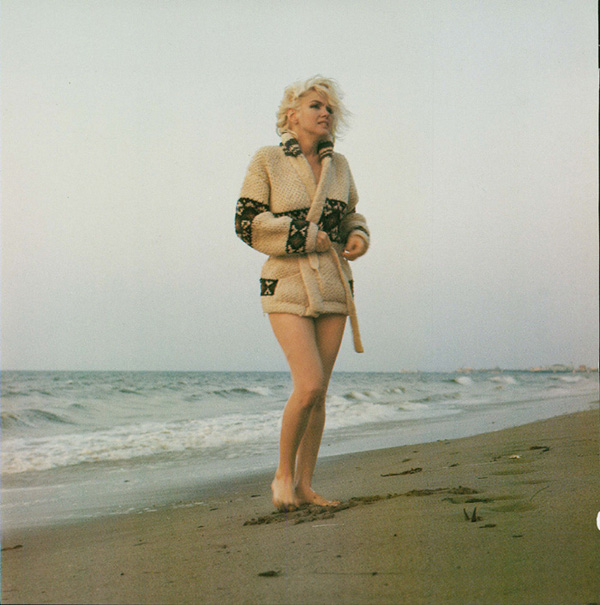8

FIRST MOVIE BREAK:
SCUDDA-HOO!
I had done everything the studio people asked me to do, and yet I hadn’t appeared in one motion picture. Six months had gone by. According to my seven-year contract, the studio could take advantage of renewing my contract for another six months or they could just drop me. That’s what the small print in my contract stated. If they picked up my contract, which is called the option, I would also get a raise. I was so nervous I couldn’t sleep nights. I even prayed real hard.
My prayers were answered. My contract was picked up; I got my raise. My salary was doubled. It would now be one hundred fifty dollars per week. From seventy-five dollars a week. Wow! I really went to town. I was so excited, I went out and bought five hundred dollars’ worth of clothes. Up to that time I had been making ends meet with what I had. (I was only twenty-one).
But the real excitement came when I got my first movie role. The film was Scudda-Hoo! Scudda-Hay! June Haver played the lead, and, if you watched the movie real close during the dancing, you would see a sixty-second close-up of my back during one of those dancing numbers. I guess the studio didn’t think enough of my back scene, and the next time my contract option came up they let me go. It was August 1947. What a blow to my ego. What a blow to my career.
I was back where I had started. I moved back into the Studio Club to my one furnished room where I had lived before. The Studio Club was a low-cost club for struggling models and aspiring actresses. The apartment I had before I could no longer afford. I went back to modeling, but when you’re out of sight, it’s true, you’re also out of mind, that is, the photographer’s mind. After all, I had been under contract to Twentieth Century—Fox studios for a year, and as far as the photographers knew, I was out of circulation, not available.
Now that I had to pay for my acting lessons, I often went without eating. That was my ambition in life—to be an actress, so I just had to keep improving myself to prove to myself and others that I was serious.
GEORGE BARRIS: Another of Marilyn’s powerful mentors (and many maintain he was much more than that) was Joe Schenck, the cofounder of Fox studios. He became her close friend and benefactor, and when Zanuck refused to renew her six-month option contract despite Schenck’s pleas, Schenck persuaded his friend Harry Cohn, head of Columbia Pictures, to sign Marilyn. Although word had it that Marilyn was the mistress of the long-married but frequently faithless Schenck, she always denied it.
Her vocal coach at Columbia was Freddy Karger, who was given the assignment to help Marilyn develop her singing voice for Ladies of the Chorus. The two became friends, then lovers. At one time she pleaded with him to marry her, but he refused, telling her she would not be a suitable mother for his daughter from a previ-
Of course, there are other ways a girl could survive until another studio came along. A starlet could take on a lover, usually a well-heeled married man who could pay her bills, or she could become the mistress to an old man and through his connections help advance her career. Believe me, there were and still are many starstruck girls that do get by that way. But for myself, respect is one of life’s greatest treasures. I mean, what does it all add up to if you don’t have that? If there [is] only one thing in my life I [am] proud of, it’s that I’ve never been a kept woman.
And believe me, it wasn’t because there weren’t opportunities to become one. I think I had as many problems as the next starlet keeping the Hollywood wolves from my door. These wolves just could not understand me. They would tell me, “But Marilyn, you’re not playing the game the way you should. Be smart. You’ll never get anywhere in this business acting the way you do.” My answer to them would be, “The only acting I’ll do is for the motion picture camera.” I was determined, no one was going to use me or my body—even if he could help my career. I’ve never gone out with a man I didn’t want to. No one, not even the studio, could force me to date someone.
The one thing I hate more than anything else is being used. I’ve always worked hard for the sake of someday becoming a talented actress. I knew I would make it
ous marriage because she was too wrapped up in her career. Heartbroken, she remained friends with Freddy, and with his family. The couple continued to date on and off.
Yet another powerful man in Marilyn’s life was Johnny Hyde, vice president of the influential William Morris Agency. Johnny had a talent for creating superstars, such as Rita Hayworth. He had seen Marilyn’s screen test and, like Zanuck, been hugely impressed; he had to meet her. Many other starlets were trying to make it, but from that mass of flesh Johnny Hyde knew a winner: Marilyn had that “something” that stars are made of. He knew she was destined for stardom; Johnny wanted to help her get there.
Johnny got her most of her bit parts in her early days as a starlet. He explained that it wasn’t the size of a film part, but the exposure itself that got the attention of pro-
someday if I only kept at it and worked hard without lowering my principles and pride in myself.
For the next six months I managed to get by on unemployment insurance benefits. When that ran out I would give my friends I.O.U. notes when they loaned me money to get by on. There were not too many modeling jobs then. The few I did have helped. There was one thing—I never stopped taking drama lessons even when I did go hungry at times. Anyway, doing so was good for my figure, I told myself. Besides, what would make me an actress, acting lessons or hamburgers? No one had to tell me what to do. My mind was made up as long as I could remember—that’s what I wanted most. This being an actress may have started out as a dream, but I was determined that one day it would all come true.
Then, six months later on the strength of the screen test I had made at Fox, Columbia Pictures hired me at the usual starlet salary being paid then—one hundred twenty-five dollars a week. Boy, was I in heaven. It was like my going to school and being paid for it. They had me study with the studio’s drama coach, Natasha Lytess. When I first read for her, she said my voice sounded like a squeak and the first thing she would have to teach me was diction. I said I’d do anything, whatever she thought would make me an actress.
Most important before anything else, if you want to be an actress, you must always remember your lines. Never, never, she said, go on a set without knowing your lines,
ducers, directors, and studio heads. Enough exposure and they’d all want to know who you were.
And Johnny again proved to be right. He took Marilyn everywhere, to make sure she’d be seen by the right people. They went to premieres, Hollywood parties, and all the right clubs. She was only twenty-two, and Hollywood knew her name.
know them backwards and forwards so if [you] had to throw away the words [you] could speak the soul of the lines. She was the first person of authority I met who believed I could make a fine actress if I worked hard at it, and most important I promised I would—since that’s what I wanted most. She promised me she would help me.
This, my second picture, was what is called a quickie film. It was filmed in only eleven days. The name of the film was Ladies of the Chorus. My role in this film was that of a strip-teaser in a burlesque show. I got to sing and dance, but even with special coaching from Fred Karger, who was musical director, the film did not create any excitement. But my first notice in the Motion Picture Herald [a trade paper] appeared on October 23, 1948. The paper’s reviewer wrote: “One of the brightest spots is Miss Monroe’s singing. She is pretty, and with her pleasing voice and style shows promise.”
Even with this “rave,” the studio was not overly impressed. When my contract came up for renewal that September they dropped me. I was shocked.
Besides, what would make me an actress, acting lessons or hamburgers?
